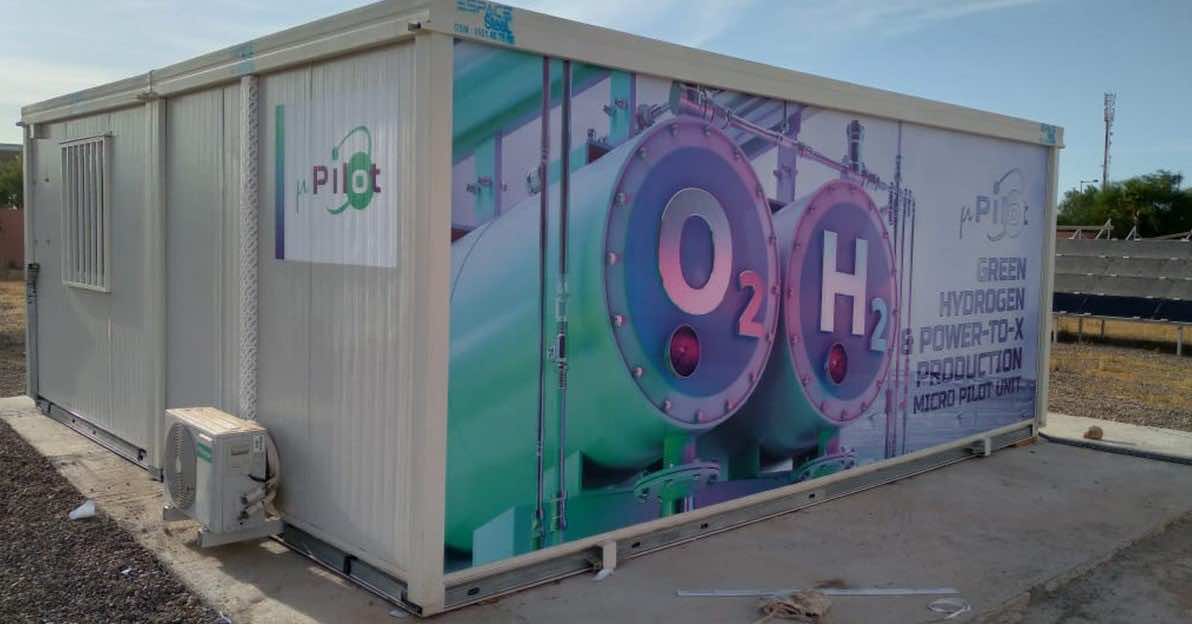Traditional Challenges in Earthquake Prediction
Conventional earthquake prediction methods primarily rely on historical data and geological assessments. While valuable, these techniques often fall short in providing timely and precise warnings, limiting their effectiveness in proactive disaster management. The inherent unpredictability of seismic events necessitates more advanced solutions.
AI and Machine Learning: Transforming Seismic Forecasting
By harnessing the power of AI, Moroccan scientists are developing sophisticated systems capable of analyzing extensive seismic datasets in real-time. These systems utilize machine learning algorithms to detect subtle patterns and anomalies that may precede an earthquake, facilitating faster and more accurate alerts compared to traditional methods. This proactive approach offers critical lead time for implementing life-saving measures and reducing infrastructural damage.
Integration of IoT Devices for Continuous Monitoring
The incorporation of Internet of Things (IoT) devices enhances the efficiency of data collection across seismic zones. These interconnected sensors provide continuous, real-time monitoring of seismic activities, enabling a dynamic and responsive earthquake prediction framework. This integration ensures a robust network capable of delivering timely data essential for accurate forecasting.
Advantages and Challenges of AI-Driven Earthquake Prediction
Advantages:
- Timeliness: AI enables rapid data analysis, facilitating quicker response times compared to traditional methods.
- Accuracy: The ability of AI to detect subtle seismic patterns enhances the precision of predictions.
- Scalability: AI systems can efficiently process vast amounts of data, covering extensive geographical areas.
Challenges:
- Cost: Implementing AI and IoT infrastructure requires significant initial investment.
- Complexity: Developing and maintaining AI systems necessitates specialized expertise.
- Data Dependency: The effectiveness of AI models is contingent upon the quality and availability of data, which may be limited in certain regions.
Global Implications of Morocco’s Innovations
Morocco’s advancements in AI-based earthquake management serve as a model for other seismically active regions worldwide. By demonstrating the efficacy of AI-driven systems, Morocco encourages global investment in similar technologies, potentially leading to improved earthquake preparedness and response strategies on a global scale.




